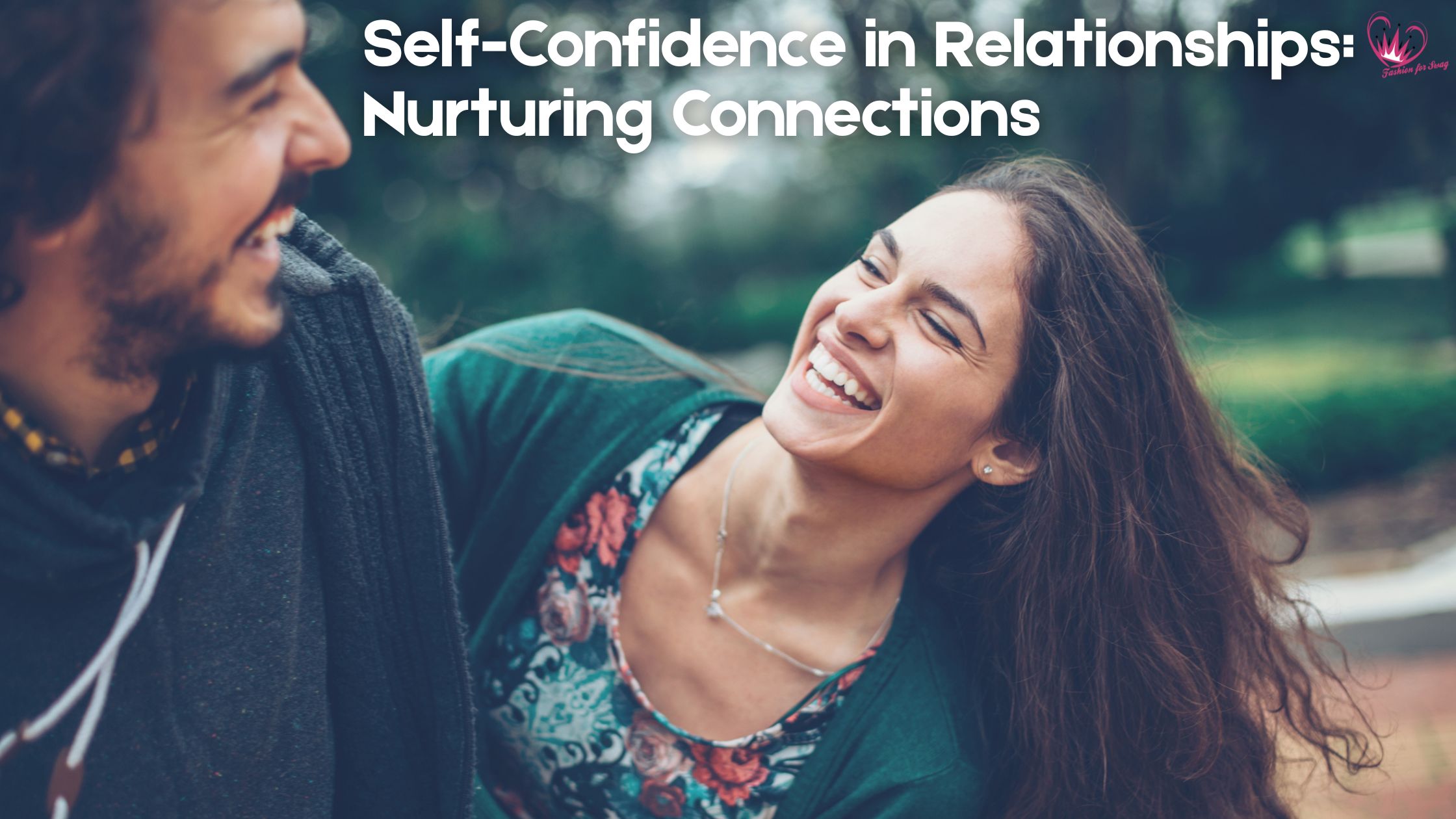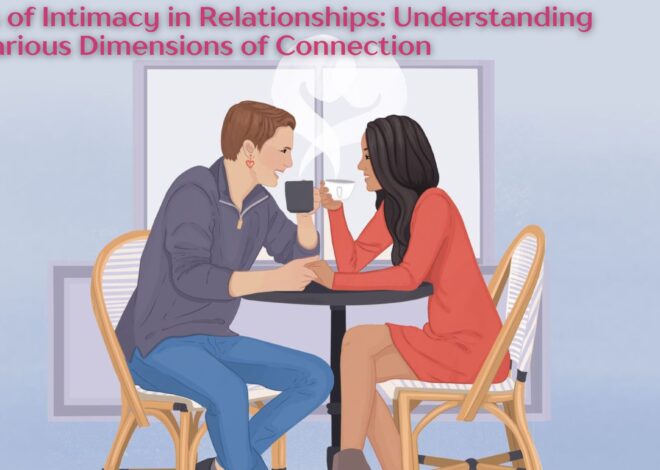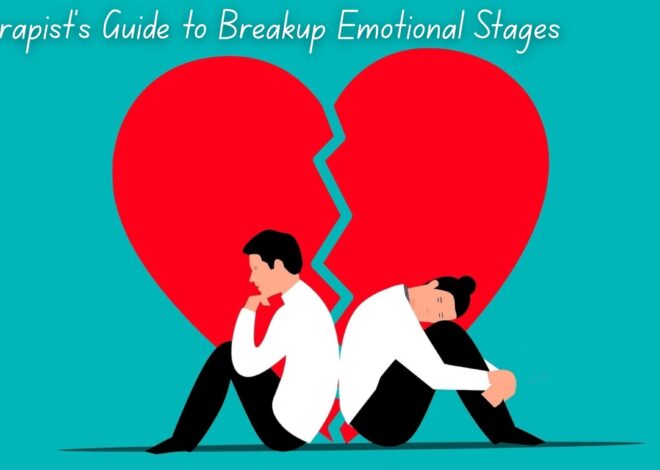
Self-Confidence in Relationships: Nurturing Connections
Self-Confidence in Relationships – Imagine Sarah and Ben disagreeing approximately weekend plans. Sarah, stable in herself, flippantly expresses her needs at the same time as respecting Ben’s angle. They find a compromise, each feeling heard and valued. Now picture Priya and Rahul in a similar state of affairs. Priya, riddled with self-doubt, turns into protecting, fearing Rahul will push aside her thoughts. Rahul, sensing her insecurity, grows annoyed.
This assessment highlights the energy of self-confidence in relationships. It’s now not about being arrogant, but about owning a stable experience of self-esteem that undoubtedly shapes how we join. This blog argues that self-confidence in relationships is the bedrock of healthy and gratifying relationships, enriching both individual properly-being and the partnership itself.1 We’ll discover the profound advantages of self-assurance, the dangerous impact of its absence, and sensible techniques to domesticate this critical first-rate.
The Bedrock: Understanding Self-Confidence in Relationships
It’s important to distinguish healthful self-assurance from its distorted opposite numbers. Healthy self-belief is a quiet assurance, a notion in one’s inherent really worth that doesn’t require outside validation. Arrogance, then again, is an inflated experience of self, often protecting underlying insecurities and a want to experience superior. Insecurity, conversely, is a lack of faith in oneself, main to dependence on others for approval.
In a relational context, self-belief manifests in several key ways:
- Secure sense of self-esteem impartial of the associate’s validation. Your fee is not solely tied on your companion’s evaluations or moves.
- Ability to explicit wishes and limitations assertively. You can speak your dreams and bounds respectfully and truly.
- Trust in one’s personal judgment and selection-making within the dating. You experience capable of making sound selections that align along with your properly-being and the relationship’s fitness.
- Resilience to rejection and warfare. You can navigate disagreements and capability setbacks without your self-esteem being shattered.
- Willingness to be prone without fear of judgment. You experience safe sharing your genuine self, such as imperfections.
- Ability to provide and receive love and aid without feeling inadequate or overly established. You engage in a balanced deliver-and-take.
Crucially, self-assurance is not a hard and fast trait. It can ebb and glide relying on life circumstances and reviews. However, it’s also a talent that can be actively cultivated and reinforced over the years.
The Ripple Effect: Benefits of Self-Confidence in Relationships
Like a stone dropped in a pond, self-confidence radiates outward, developing nice ripples at some stage in a courting. It’s had an impact on touches every side of the relationship, fostering a more potent, healthier, and extra pleasant partnership.
- Stronger Communication: When you are steady in yourself, expressing your thoughts and feelings will become less daunting. You can articulate your needs virtually and respectfully, understanding your voice has value. Furthermore, self-assurance allows you to be a better listener. You’re now not preoccupied along with your very own insecurities or feeling threatened with the aid of differing viewpoints, allowing real understanding and empathy. This basis paves the manner for positive struggle decision. Instead of resorting to avoidance, defensiveness, or aggression, assured people can have interaction in disagreements with the purpose of finding solutions and strengthening the bond.
- Healthier Boundaries: Self-assured individuals own a strong feel of their very own limits and needs, making them adept at putting and retaining wholesome limitations. They understand their proper to say “no” and are less likely to compromise their well-being to please their companion. This self-appreciate additionally translates into respecting their partner’s limitations. A dating constructed on mutual admire for person limits fosters a feel of safety and prevents resentment from taking root.
- Reduced Jealousy and Insecurity: A robust feel of self-esteem acts as a shield in opposition to the corrosive feelings of jealousy and lack of confidence. When you fee yourself independently of your companion, the concern of abandonment or inadequacy diminishes. Confident companions consider in their personal really worth and the strength of the relationship, making them less vulnerable to unwarranted suspicion or possessiveness. This agrees with creates a extra secure and relaxed atmosphere within the dating.
- Increased Trust and Respect: Self-confidence breeds consider. When people act authentically and reliably, grounded in a sturdy experience of self, their companions experience steady in their intentions and behaviors. This authenticity fosters mutual admire for every other’s autonomy and individuality. Partners appreciate every other for who they really are, leading to genuine admiration and appreciation that strengthens the bond.
- Greater Authenticity and Vulnerability: Confidence gives the protection net wished for true authenticity. When you be given yourself, flaws and all, you experience much less pressure to venture a super photo. This self-attractiveness creates area for deeper vulnerability. Confident individuals are extra willing to proportion their fears, desires, and vulnerabilities without the paralyzing worry of judgment or rejection. This openness fosters profound intimacy and emotional connection, taking into account a definitely real and enjoyable partnership.
The Shadow Side: The Impact of Low Self-Confidence on Relationships
The absence of self-confidence casts a protracted shadow over relationships, often developing a breeding floor for negativity and instability. When one or both partners grapple with low shallowness, the very foundations of the relationship can grow to be fragile.
- Communication Breakdown: Fear of judgment can cripple open and sincere communique. Individuals with low self-assurance may additionally inn to passive-competitive behavior or avoid tough conversations altogether, fearing grievance or rejection. Insecurity can also appear as defensiveness, where any feedback is perceived as an attack, or as a regular want for reassurance, that could turn out to be emotionally draining for the companion. Furthermore, problem expressing needs absolutely, stemming from a perception that their desires are not vital, regularly results in unmet expectancies and simmering resentment.
- Unhealthy Boundaries: Low self-assurance regularly makes it tough to set up and maintain wholesome obstacles. Individuals may additionally battle to mention “no,” fearing they’ll displease or lose their partner, main to them being taken gain of or feeling overwhelmed. Paradoxically, lack of confidence also can cause overcompensating behaviors, such as being overly controlling or possessive, in a try to stable the connection and alleviate their fears.
- Increased Jealousy and Insecurity: A regular fear of now not being “top sufficient” or of dropping their companion can fuel excessive jealousy and lack of confidence. This can occur as unwarranted suspicion, constantly checking up on their accomplice, or engaging in controlling behaviors. Over-reliance at the associate for validation creates a cycle of tension and dependence, where their self-worth hinges entirely on the relationship’s stability. Even impartial moves from the associate may be misinterpreted as threats to the connection.
- Erosion of Trust and Respect: Insecure behaviors, along with regular neediness or controlling inclinations, can step by step erode agree with as partners sense suffocated, manipulated, or continuously strolling on eggshells. A lack of self-appreciate can also inadvertently lead to a loss of respect from the partner, as the individual may also undertaking an image of being unworthy. Moreover, regular negativity and self-deprecation, stemming from low shallowness, can be emotionally draining and hard for the accomplice to navigate.
- Difficulty with Vulnerability and Intimacy: The worry of rejection is a full-size barrier to vulnerability for people with low self-belief. Opening up emotionally and sharing their real selves feels relatively unstable. They may also conflict to consider they are in reality worth of affection and intimacy, main to them maintaining returned or creating emotional distance as a protection mechanism towards potential harm. This lack of vulnerability hinders the development of deep and significant intimacy.
Building Blocks: Practical Strategies for Cultivating Self-Confidence in Relationships
Building self-assurance within the context of a dating is an ongoing adventure, but one packed with rewarding boom for each individual and the partnership. Here are practical strategies to domesticate this vital fine:
- Focus on Self-Awareness: The first step is knowing yourself deeply. Engage in introspection to become aware of your private strengths and acknowledge your weaknesses without judgment. Practices like journaling can provide treasured insights into your thoughts and emotions. Mindfulness allows you come to be greater gift and privy to your internal panorama. Therapy can provide a dependent and supportive area for deeper self-discovery. Crucially, strive to recognize your private triggers – the conditions or feedback that generally tend to spark lack of confidence – and the underlying ideals that gasoline them.
- Practice Self-Compassion: Treat yourself with the equal kindness and expertise you’ll provide a pricey pal, specifically when facing setbacks or making errors. Challenge poor self-talk with the aid of actively thinking its validity and changing it with greater superb and practical affirmations. Remember that imperfections are an inherent part of being human; include them rather than letting them define your self-worth.
- Set Realistic Goals and Celebrate Achievements: Break down larger aspirations into smaller, achievable personal and relational desires. This creates a sense of progress and accomplishment. It’s important to renowned and rejoice every leap forward, no matter how small it can appear. This reinforces a sense of competence and builds momentum, progressively strengthening your belief in your skills.
- Develop Healthy Coping Mechanisms: Learn to control stress and anxiety in methods that do not entirely depend on your associate for help. Engage in pastimes that convey you joy, prioritize everyday workout for its mood-boosting blessings, and nurture connections with supportive buddies and own family. Building emotional resilience through wholesome coping techniques empowers you to navigate challenges independently and reduces dependence.
- Communicate Needs and Boundaries Assertively: Learn to explicit your desires, goals, and boundaries respectfully and absolutely. Assertiveness is about advocating for yourself without being competitive or passive. Practice the usage of “I” statements to speak your feelings and wishes immediately (e.G., “I experience unheard whilst…” rather than “You by no means pay attention”). Understanding and communicating your barriers is crucial for maintaining self-respect and a healthy stability in the dating.
- Seek Support When Needed: Recognize that searching for assistance is a signal of energy, not weak point. Therapy or counseling, whether character or for couples, can provide treasured tools and perspectives for building self-confidence and navigating complicated dating dynamics. Open communication with depended on pals or circle of relative’s individuals can also provide emotional help and encouragement in your journey. Remember, you do not must navigate those challenges alone.
The Partner’s Role: Supporting Self-Confidence in Your Loved One
Creating a nurturing environment is paramount when supporting your partner’s self-belief. Offer steady encouragement and have fun their achievements, each huge and small. The power of fine affirmation cannot be overstated; verbally acknowledge their strengths and price. Practice lively listening, simply hearing and understanding their views without judgment. Validate their feelings and studies, even in case you don’t always agree. Respect their individuality, their unique interests, and their need for autonomy. Finally, engage in collaborative efforts in the direction of non-public boom and relationship constructing, showing which you are a supportive accomplice on their journey of self-discovery and accelerated confidence.
Conclusion
Ultimately, self-assurance serves as a important nutrient for healthy and pleasant relationships, fostering stronger connections and individual well-being. Embrace the ongoing journey of self-discovery and growth inside your partnerships. We encourage you to mirror on your very own self-self-assurance and its influence to your relationships, and to take the ones first steps towards enforcing the sensible strategies we have explored.



